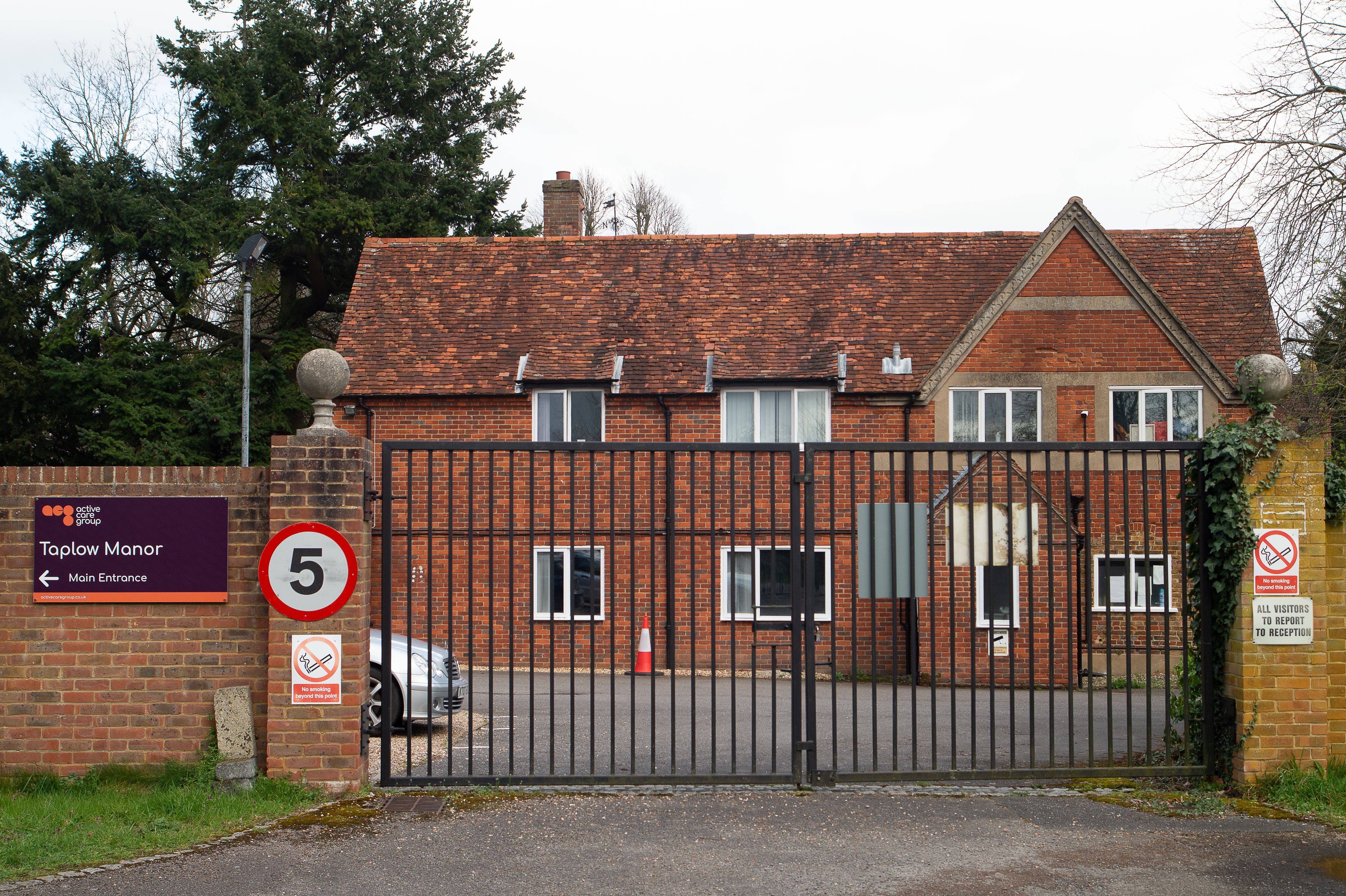Scandal-hit mental health hospitals must not be allowed to pass the buck
Though the private sector can bring capacity, flexibility and expertise to an NHS so often overwhelmed and starved of resources, there has to be a better way of monitoring private institutions that have proved inadequate, or worse

It is rare for those who fail to care for people when they are at their most vulnerable to take responsibility for what has taken place on their watch. In recent years there have been some appalling, near-unbelievable documented examples, notably in the series of maternity care scandals revealed by The Independent. Now we find that the chief executive of a group of children’s mental health hospitals has stood down after this newspaper exposed “systemic abuse”. Dr Sylvia Tang, chief executive of Active Care Group, which owns what was formerly named Huntercombe Group hospitals, has left her role to “pursue a plural career”.
She was right to do so. Her resignation comes after a joint investigation by The Independent and Sky News revealed not only instances of inadequate care, but also the way that probate companies can reconstitute themselves after subsequently losing NHS contracts. Allegations of abuse were levelled by more than 50 patients and whistleblowers, because staffing levels were so low patients risked serious harm. The police and the Care Quality Commission have been involved in follow-up inquiries.
Though the private sector can bring capacity, flexibility and expertise to an NHS so often overwhelmed and starved of resources, there has to be a better way of monitoring private institutions that have proved inadequate, or worse, and have simply undergone a corporate rather than a clinical transformation as a result. Of course fresh ownership and new leadership can transform matters, but that is far from an inevitable result of such restructurings. This indefensible gap in the regulations means there is nothing to stop healthcare providers from applying to reopen, even if serious concerns have been raised about a previously closed operation. Much the same may go for the personnel concerned at every level.
The cause of championing mental health has been adopted by politicians, royalty and celebrities in recent times, and that is all to the good. Theresa May was the first prime minister to really make it a priority, and, fortunately, that has been one of the few areas where policy has remained reasonably consistent under successive changes of regime in Downing Street. Mental health is increasingly taken as seriously as physical health, or at least should be. But just as such illnesses themselves are all too often less visible and obvious to others than a physical ailment, so too do the victims of unsatisfactory treatment, and indeed abuse, go unheeded. The least that can be done for people at risk in such dangerous situations is to ensure that the owners of these businesses are accountable and excluded from the sector if they are found wanting.
It is the kind of fix to the corporate regulations that is relatively easy for ministers to achieve, and certainly far more straightforward than some of the more ambitious targets the government has set itself. Steve Barclay, the health and social care secretary, is no doubt aware of The Independent/Sky News investigations and can make sure the appropriate action is taken. People whose brains aren’t functioning shouldn’t be “treated like animals”, as is claimed in these cases. The government announced additional funding of £150m for mental health care at the start of the year, and Rishi Sunak declared that: “People in mental health crisis deserve compassionate care in a safe and appropriate setting. Too often, they end up in A&E when they should be receiving specialist treatment elsewhere. This important funding will make sure they get the help they need, while easing pressures on emergency departments and freeing up staff time.” That is all true, and all the more reason why private sector providers must be monitored and made to live up to their responsibilities.
Join our commenting forum
Join thought-provoking conversations, follow other Independent readers and see their replies
Comments

Bookmark popover
Removed from bookmarks